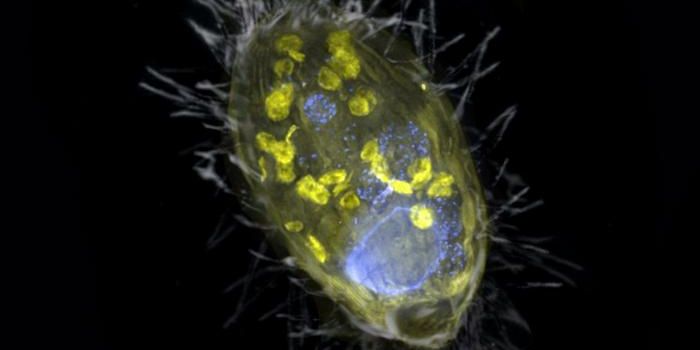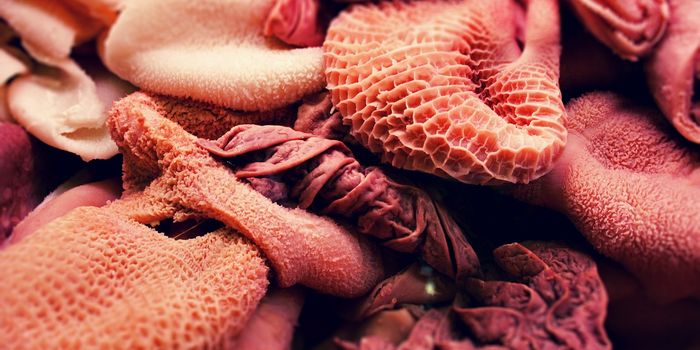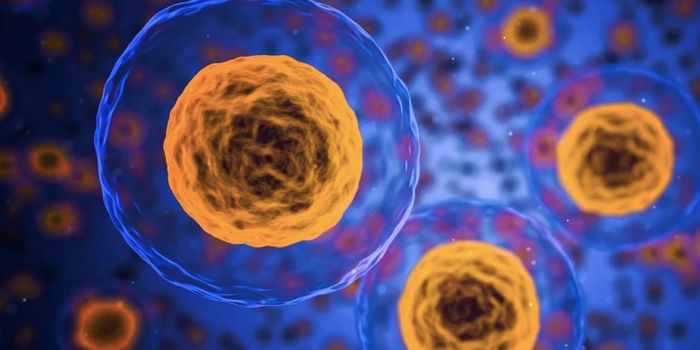Nutrigenomics - Understanding how Genes Affect Nutrient Tolerance
There are some things most organisms need to survive, like protein, fat, or sugars. But dietary requirements can vary widely not only from one species to another, but between individuals too. In a new study reported in Nature Communications, researchers have examined how survival among individual fruit flies in the same group is affected by different diets. The researchers expect that these findings will also apply to humans because the genes underlying the relevant biological pathways are so similar.
In this work, about 200 genetically similar strains of fruit flies were put in groups that were given one of six diets, which had high levels of either coconut oil, lard, protein, starch, sugar, or a combination of sugar and lard. The researchers determined that small genetic variations carried by individual flies influenced how energy from nutrients was utilized.
For example, the researchers found that the various strains of fruit flies were considerably different when it came to surviving on a diet that was high in sugar. "What makes this particularly surprising is the fact that the food consumed by fruit flies in nature contains a lot of sugars," said lead study author Essi Havula, PhD, now a postdoctoral researcher at the University of Helsinki.
Several genes were involved in the flies' sugar tolerance, most of which are found in the human genome. Some have also been previously associated with obesity and type 2 diabetes. The researchers found, for example, that a gene called tailless gene (TLX), a gene involved in nervous system development, is also required for sugar metabolism in flies, added Havula.
A stress signaling pathway called JNK was also implicated in the storage of fats and control of metabolism in response to high sugar diets. Dietary sugar seems to stress the cells, "giving the JNK pathway an important role in how effectively flies tolerate and process sugar," Havula explained.
The research indicated that some dietary recommendations won't work for all people, noted Havula.
"Research-based knowledge increasingly shows how metabolic responses to diets differ between animal populations and individuals. Traditional dietary recommendations are not necessarily suited to everyone, which explains the continued lack of consensus on a 'healthy diet.'"
Nutrigenomics could help clinicians take a more personalized approach to nutrition and dietary recommendations. It may be possible to use genetic data to tailor diets, and some metabolic disease patients could use nutritional planning to relieve symptoms instead of a drug regimen.
"This would be considerably less expensive than drug therapies as well as better for the health of individuals in the long run," said Havula.
Some other diseases could also be treated in this way, added Havula. "For example, cancer cells are known to alter their metabolism, extending the potential of nutrigenomics to a wide range of fields."
Sources: University of Helsinki, Nature Communications









